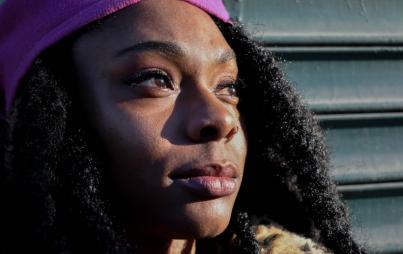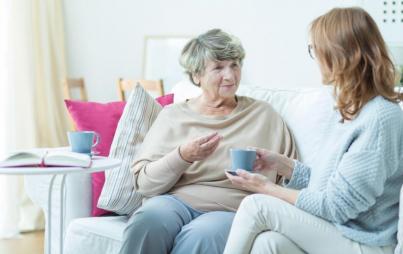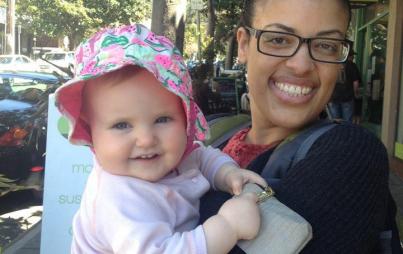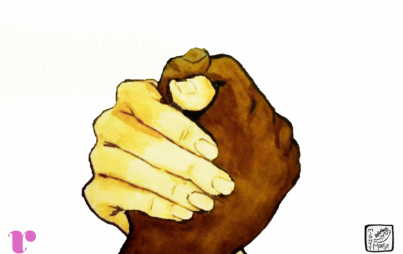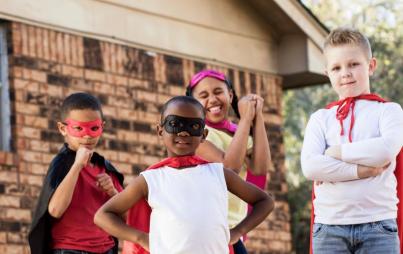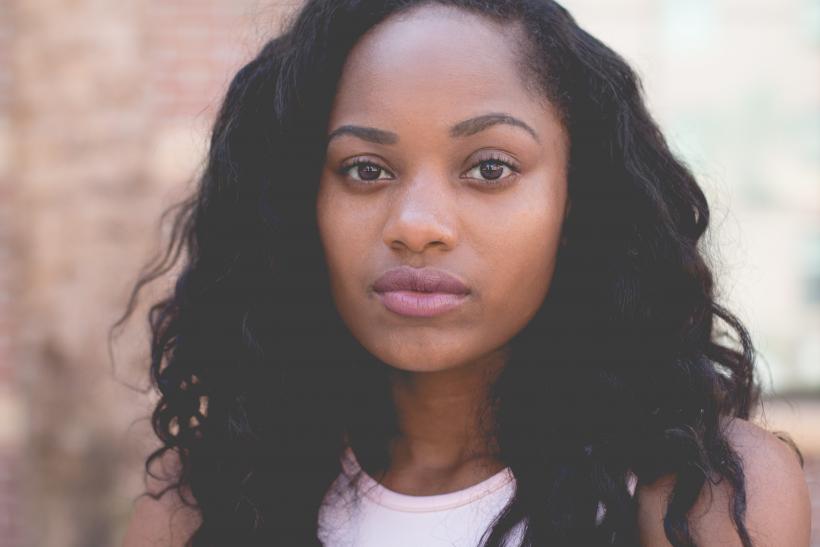
Photo by William Stitt on Unsplash
Black women have given interracial relationships a lot of attention in the last few weeks if think pieces and Black Twitter are to be believed. First, we lambasted Donald Glover over the audacity of releasing a racially conscious video while having had children by a white woman. Then, we changed our tune completely, welcomed self-proclaimed biracial woman Meghan Markle into the fold, and swooned over her wedding to a white man.
There’s a great deal of hypocrisy in that shift in tone and acceptance over Black female intermarriage versus the same behavior in Black men.
The shift has less to do with royalty and money and status than it has to do with the way Black women today value ourselves and define ourselves in relation to men.
Black marriage was important during slavery. Slaves naturally met, fell in love, and wanted to start families. Since marriage between slaves was illegal — as they were considered possessions instead of people — we “jumped the broom” anyway to prove our humanity and our union to ourselves and our maker. White master and his family were impediments to these Black relationships, selling families apart, raping wives and fomenting preference for the biracial progeny of those encounters. For Black slave women, having a Black husband might not have been protection against sexual assault. But Black men provided necessary and intimate comfort, understanding and love to their women. We needed them to survive.
We’ve been killing it for decades, and wrapping ourselves up in #BlackGirlMagic. We tell each other, “You got this!” in the midst of struggle because we actually believe that we are awesome. And we are. Except for when it comes to relationships.
In the 1960s, Black folks were still fighting for equality and getting murdered for our attempts. Black men like Stokely and Huey and Eldredge fomented a movement against white supremacy, and Black women joined them. For numbers. For solidarity. For the revolution. Some of these freedom fighters stood on the front lines with their romantic partners, taking care of kids in safe houses as the Black Panthers hid from the FBI. The community needed the Black family then, and Black women needed our men because it was easier to fight the power when you had a like-minded person by your side. It was as though the revolution itself depended on the Black relationship unit.
In the fight for Black liberation, there were white allies, but the relationships between the races on an everyday basis were fraught. We’d won the right to integrate schools, and The Civil Rights Act was passed in 1964. In practice, however, segregation would still exist, and its hold in the educational system would still be in effect in the 1980s. There were some interracial relationships in those days, as Black people went off to majority white institutions and the races mingled in a more significant way. However, some states had had anti-miscegenation laws, so the average Black woman, even if she wasn’t a revolutionary, probably thought that being with a white man was dangerous. There would more safety and less harassment with a Black man, living in a Black neighborhood. A man who looked like you and would stand beside you if trouble arose.
You Might Also Like: 3 Facts You May Not Know About The Racist Origins Of 'Colorblindness'
Today, Black women — and women in general — don’t need that kind of protection. As a group, we are over-educated and over-employed. We’ve been killing it for decades, and wrapping ourselves up in #BlackGirlMagic. We tell each other, “You got this!” in the midst of struggle because we actually believe that we are awesome. And we are. Except for when it comes to relationships. First, there were more Black men in prison than had ever been. Next, we saw Black men choosing partners from other races. Then we got scared about our prospects for finding a mate. Because, historically, Black men have been a necessary backbone for us. They’ve fought with us and for us. They’ve provided succor against the harsh realities of racism. They’ve understood our struggles. They belong to us.
Except that Black women aren’t entitled to Black men.
And we don’t really need them personally, any more than we need any other man. But when we see a Black man with a white woman, our ancestral trauma kicks in. We’re mad that someone has taken away our protector. We feel like Black men as a whole have rejected us and, by extension, their promise to keep us secure and safe as they have in the past. And we feel the historical denigration of Black women in that rejection. That’s why when Black women see Donald Glover, or any other Black man, with a white woman, we feel some kind of way. One of my Black female friends couldn’t identify that feeling but thought it was deeply embedded in her psyche. And I think that attitude is pre-conscious because it’s not rooted in contemporary relationship dynamics or personal feelings about any man in particular, but rather on historical experiences of Black partnership.
Black women have been basing our esteem on the hope of marrying a Black man. We have accomplished so much, yet we feel profoundly rejected by another person’s relationship status. Perhaps we believe that marriage and family are more important than outside success, but that we’ve been robbed of the opportunity because white women have stolen our “good” (read: intelligent, strong, committed, a provider) men.
This self-esteem issue is so strong that more than a few Black women have told me that writing about Black female romantic/sexual rejection was a “trigger” and would hurt too many Black women if they saw such a thing.
Into this quagmire comes the wedding of Meghan Markle and Prince Harry. Black women have sung Meghan's praises for months, and more so now after her highly Afrocentric nuptials. Meghan Markle is a Black woman who was found desirable by a man, and a royal one at that, so we’re back on the Black Girl Magic. We don’t care that this was another interracial relationship, like all the ones we reject. Because if not getting a Black man makes us feel centuries of rejection, then landing a rich, powerful man of any race is a shot to our self-esteem.
We can justify our hypocrisy about interracial relationships because a Black woman is winning. We revel in how much Meghan Markle’s husband adores her because we feel that as love for Black women in general, not just spousal affection. It’s hard to be married to a Black woman if you’re a white man: you have to wade through a lot of racism and sexism, and you may not have done any of that work before. But if you’re willing to put in the work, then you must love us. All of us. And it’s crucial for us to feel desired after the news tells us that Black women are the least desirable options on dating sites. Watching us be adored on an international scale takes away the sting of that truth, and helps us feel good about ourselves again.
Interracial relationships of all kinds are here to stay, even though there’s disapproval among all races. The racial climate in America is very tense, and I understand the desire to hunker down with people that look like you, particularly in marriage. But Black women cannot continue to base our happiness on whether a Black man we don’t know doesn’t want us. We need to remind ourselves that we are strong, we are smart, we are beautiful, and that we’ll continue to be so, no matter which Black man may reject us. It is possible to feel loved, protected, understood and supported by someone who doesn’t look like you. So, go forth my sisters. Focus on love and happiness, and be willing to find it in unexpected places.



